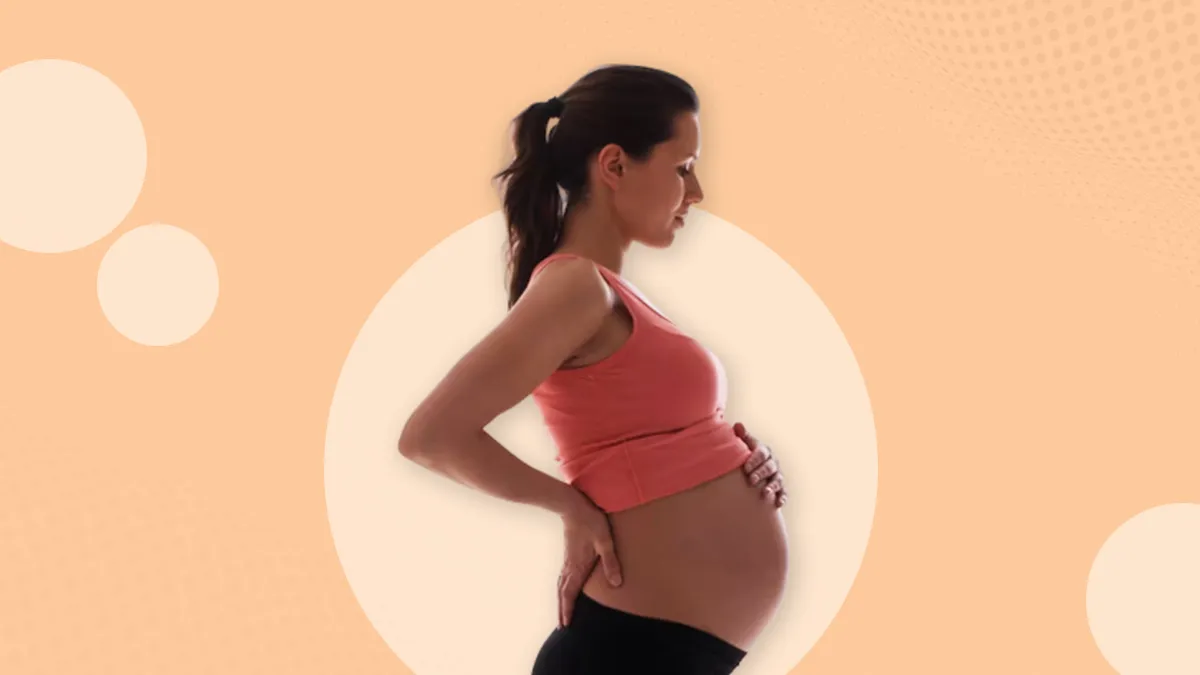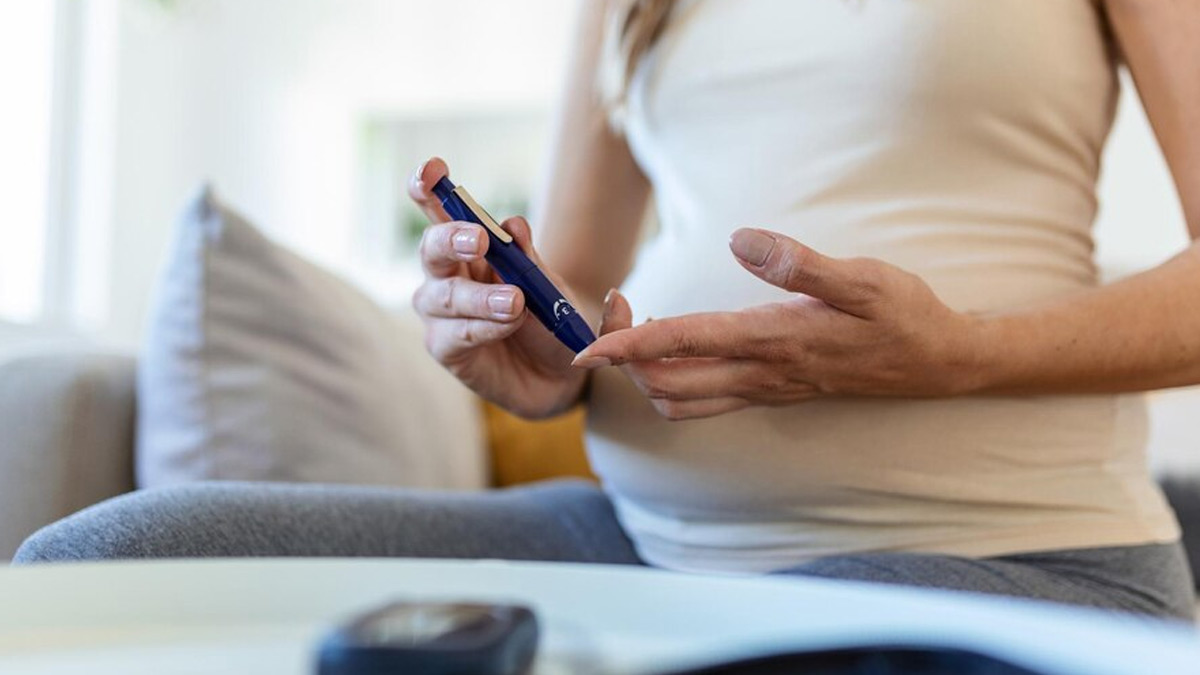
Pregnancy planning after the age of 35 can be a delightful experience, but it involves a more deliberate care of one's physical and mental health. Women run on a biological clock, and the capability to conceive lessens over time, but a healthy and effectively prepared body will increase the probability of conception and will be able to maintain a secure pregnancy.
Table of Content:-
So, we decided to reach out to our expert, Dr Suma Varsha, IVF Specialist, Ferty9 Fertility Centre - Vijayawada, and here is an extensive guide on making your body ready for pregnancy after 35.
How To Prepare Body For Pregnancy After 35
Dr Varsha highlighted that following this routine may double your chances of getting pregnant after the age of 35:
1. Start with a Preconception Health Check
Before attempting conception, make an appointment with your gynaecologist or fertility specialist and have a preconception health check done. The examination may consist of:
- Assessment of hormone levels (AMH, FSH)
- Thyroid function test
- Screening of blood pressure and blood sugar
- Examination of menstruation regularity and any past pregnancy history
“Your physician might also advise genetic testing or inform you about the appropriate time for conception,” she added.
Also Read: How To Calculate Pregnancy After Miscarriage Without Period? Find Out Here

2. Maintain a Healthy Weight
Being overweight or underweight can influence the ability to have children and raise the possibility of problems such as gestational diabetes and high blood pressure. Dr Vasha emphasised to focus on:
- A BMI of the normal range (18.5 to 24.9)
- Balanced meals that include protein, healthy fats, and complex carbohydrates
- Healthy lifestyle practices (yoga, swimming, walking, Pilates)
3. Prioritise Fertility-Boosting Nutrition
“Your eating habits have a direct effect on hormone equilibrium and egg health,” Dr Varsha said. Therefore, it is very important to have a nutritious diet. Add to your diet:
- Leafy greens, berries, nuts, and seeds for antioxidants
- Whole grains for stable energy and good digestion
- Proteins of plant origin, such as lentils, eggs, fish, and chicken
- Good fats from avocados, olive oil, and almonds
- Stay away from too much caffeine, processed food, and sugary treats.
4. Start Prenatal Vitamins Early
Supplements should be started during your pregnancy planning. A woman over 35 should think about:
- Folic acid (400 to 800 mcg daily)
- Vitamin D
- Omega-3 fatty acids
- Iron and calcium (as instructed by a doctor)
These nutrients provide support for egg quality, hormone regulation, and the formation of a healthy foetus.
Also Read: Why Men Are Less Likely To Seek Therapy? We Seek Answers

5. Exercise Smartly and Consistently
Regular physical activity of moderate intensity promotes cardiovascular health, supports weight control, and lowers stress. You can include the following in your routine:
- Brisk walking
- Prenatal yoga
- Strength training with body weight or light resistance
- Stretching and mobility exercises
Don’t push yourself too hard at the gym, as high-intensity workouts might cause ovulation to stop, along with hormone imbalance.
6. Manage Stress and Support Emotional Well-being
Dr Varsha stressed that there is a strong connection between stress and fertility is strong. Hence, it is very important to manage stress and support emotional health. Incorporate the practice of:
- Deep breathing or meditation with a guide
- Journaling
- Going to therapy or attending support groups
- Being with nature, or doing what you love
- Sleep is just as important; try to sleep well for seven to nine hours every night.
Bottomline
Getting your body ready for pregnancy after 35 isn’t about racing against time; it’s about making intentional choices. Experts suggest that with medical guidance, a balanced diet, a healthy lifestyle, and stress management, you can create a healthy environment for conception and a safe pregnancy. Therefore, instead of focusing on age, focus on preparation, because a well-prepared body can support a healthy pregnancy at 35 and beyond.
Also watch this video
FAQ
1. Is it more difficult to get pregnant after 35 years?
Yes, ageing leads to fertility decline, but with proper preparation and timely medical advice, most women can get pregnant.2. When should I see a doctor if I am trying to conceive after 35?
If after 6 months of trying, you haven’t been able to conceive, see a gynaecologist or a fertility specialist.3. Do I need prenatal vitamins before getting pregnant?
Yes, the start of folic acid, vitamin D, and omega-3 before pregnancy is very beneficial since it makes the egg healthy and supports the development of the fetus at the very beginning of pregnancy.
How we keep this article up to date:
We work with experts and keep a close eye on the latest in health and wellness. Whenever there is a new research or helpful information, we update our articles with accurate and useful advice.
Current Version
Oct 11, 2025 15:25 IST
Published By : Tanya Srivastava